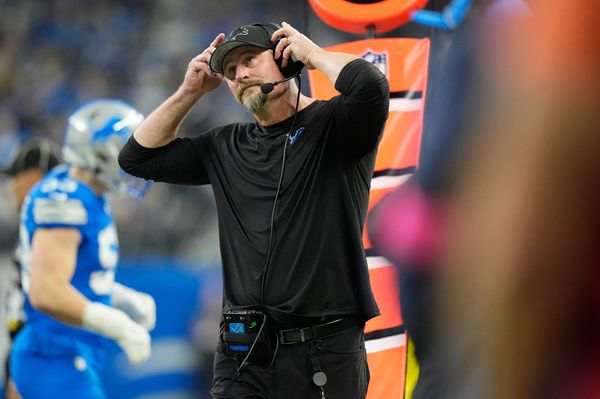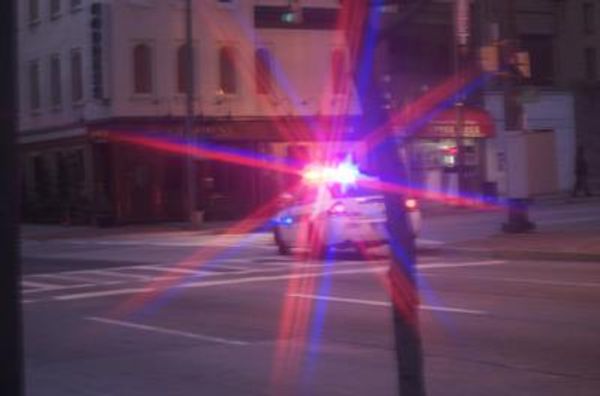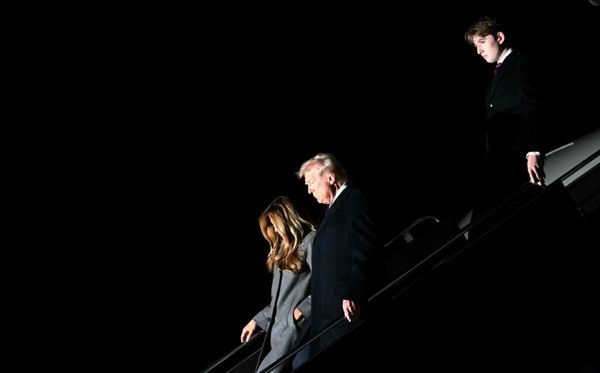
The first monkeypox vaccines have arrived in Australia, with the rollout commencing in Victoria this week.
The virus was declared last month as a “communicable disease incident of national significance” by Australia’s chief medical officer, Paul Kelly.
The Victorian minister for health, Mary-Anne Thomas, announced on Tuesday that the state had received an initial 3,500 doses of the Jynneos vaccine.
Thorne Harbour Health, which operates clinics in Abbotsford and St Kilda, began vaccinating people at 11am the next morning, said Colin Batrouney, its director of health promotion, policy and communications.
Demand has been high. “People are very, very motivated and mobilised to get vaccinated,” Batrouney said. “All of our vaccine slots were filled prior to us even opening the door on Wednesday.”
Dr George Forgan-Smith, a general practitioner at the Collins Street Medical Centre in Melbourne’s CBD who also began administering Jynneos on Wednesday, said he had a waiting list for the vaccine of about 200 people.
As of Friday, there had been 34 cases of monkeypox recorded in Victoria.
In the first phase of the rollout, the vaccine is primarily available from five clinics in metro Victoria. Several regional locations are also involved in the rollout, but supplies will be limited until September, when more doses are set to arrive.
What do we know about Jynneos?
Jynneos is a third-generation smallpox vaccine that is also effective against monkeypox, because the two viruses are closely related. It has fewer side-effects than previous smallpox vaccines, and is administered in two doses, at least 28 days apart.
The vaccine is administered under the skin near the tricep muscle in the upper arm. Some people may experience a sore arm, redness or itchiness at the injection site, and flu-like symptoms, Forgan-Smith said. “I had my shot on Wednesday with my GP, and I didn’t have much of a reaction other than feeling a bit tired. Most of my patients have been OK.”
“The only group that might have a slightly bigger response is people who have eczema or [predisposition to] allergies,” Forgan-Smith said, emphasising that it was still safe for people with skin conditions. “It’s safe for all who are HIV positive. It’s safe for people who are immunocompromised, and it’s safe for people with eczema.”
Who is eligible for the monkeypox vaccine?
Currently, eligibility is limited to high-risk close contacts of monkeypox cases, laboratory workers who analyse monkeypox specimens, and certain men (both cis and trans) who have sex with men. The last category includes those living with HIV, who attend sex on premises venues, or are intending to engage in sexual practices in North America or Europe before 31 October. Sex workers who engage with any of the mentioned groups are also eligible.
For those planning to travel to a country experiencing a significant outbreak, vaccination is recommended four to six weeks ahead of departure, Batrouney said.
Forgan-Smith emphasised monkeypox was not a sexually transmitted disease. “It’s transmitted through skin to skin contact,” he said. “Sex is a brilliant way to have skin to skin contact … but [the virus can also be transmitted by] giving somebody a hug, or going to an event and rubbing against people.”
“In some ways we’re lucky it’s winter in Australia because people are covered more,” Forgan-Smith said. He urged people who have recently returned from overseas to be vigilant. “If you notice that you’re getting a flu-like illness and you’re feeling horrible, if you’re developing a rash that looks a little bit like chickenpox, then it could be monkeypox,” he said. “The patients I’ve seen didn’t have hundreds of sores.”
“The numbers are small, so we can potentially contain this outbreak in Australia if we can get enough people vaccinated.”







